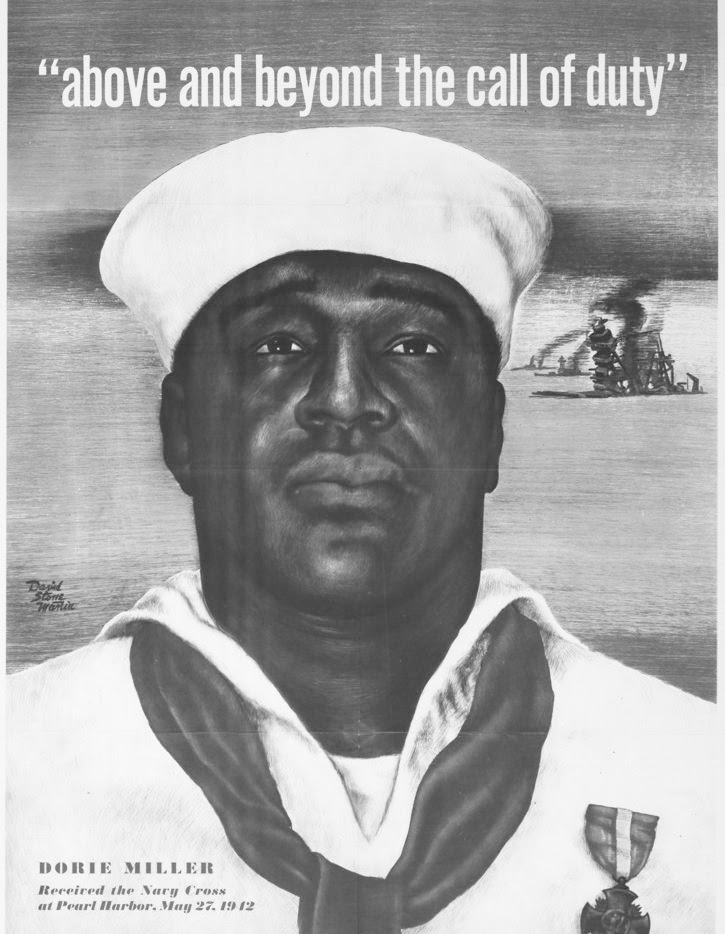USS Doris Miller named after an African American WWII hero
by Diego Perdomo

The preemptive attack on Pearl Harbor was marked by a multitude of courageous acts performed by American servicemen and women. Doris Miller, a Mess Attendant, Third Class, was one of these exemplary figures, aiding wounded soldiers and firing a machine gun to fend off Japanese planes. Because of his bravery, Miller was awarded with the Navy Cross, becoming the first African American recipient of the honor, and inspired changes in the treatment of African Americans within the U.S. Armed Forces.
Thomas Modly, acting United States secretary of the Navy, recently announced the decision to name CVN 81, a planned Gerald R. Ford Class aircraft carrier, after Miller on Martin Luther King Jr. Day. The ship’s moniker was revealed by Modly at a naming ceremony in Pearl Harbor that strove to honor King Jr. and recognize African Americans heroes from World War II.
“I think that Doris Miller is an American hero simply because of what he represents as a young man going beyond what’s expected,” said Doreen Ravenscroft, president of Cultural Arts of Waco.
In 1919, Doris Miller was born to two sharecroppers in Waco, Texas. Having to drop out of high school to support his family, Miller worked on his family’s subsistence farm and as a chef during the Great Depression. He later enlisted into the Navy as a Mess Attendant, one of the few positions African Americans could serve as they were not permitted to receive combat training. After the events of Pearl Harbor, Miller was recognized by Admiral Chester Nimitz and received a Navy Cross medal.
“Dorie Miller stood for everything that is good about our nation,” Modly said. “His story deserves to be remembered and repeated wherever our people continue to stand the watch today.”
USS Doris Miller is not only the second naval ship to be posthumously named after Miller, but it is the first aircraft carrier to be named after a person of color. The aircraft carrier is also the first to be named after a serviceman rather than a battle, state, president or moral value. Miller thus inadvertently caused reform towards the US military’s policy towards African Americans and colored individuals.
“He’s not just the story of one sailor,” Modly said. “It is the story of our Navy, of our nation and our ongoing struggle to form a more perfect union.”

